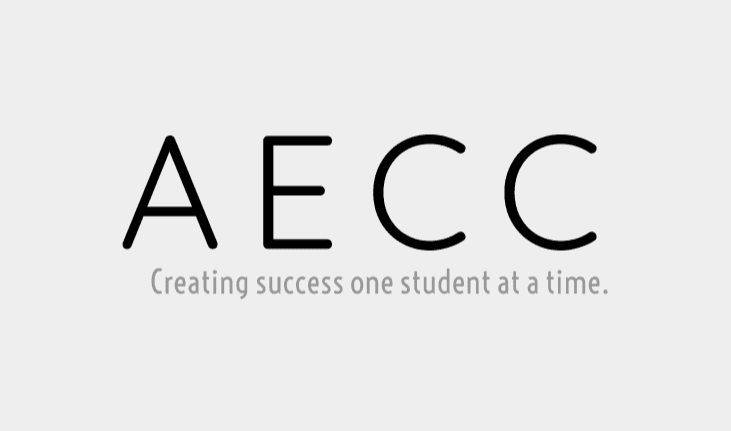Effective Study Strategies for Lasting Academic Success

Posted on November 24, 2023
Achieving academic success is a goal that many students strive for, but it often requires more than just attending classes and completing assignments. To excel in your studies and secure lasting academic success, you need effective study strategies that can help you grasp the material, retain information, and perform well on exams. In this comprehensive guide, we'll explore seven key study strategies that are not only effective but also backed by research. Whether you're a high school student, a college student, or someone looking to enhance their learning skills, these strategies can make a significant difference in your academic journey.
Active Learning Techniques
One of the most effective study strategies for lasting academic success is active learning. Instead of passively reading or listening to lectures, actively engage with the material. Some techniques to consider include:
- Note-Taking: Take organized and concise notes during lectures or while reading textbooks. Use headings, bullet points, and diagrams to structure your notes for easier review.
- Flashcards: Create flashcards with key concepts, terms, and definitions. Use them for self-testing and quick reviews, which can improve retention.
- Teaching Others: Explaining what you've learned to someone else can reinforce your understanding of the material. Consider tutoring a classmate or teaching a family member about the topic.
Time Management
Effective time management is crucial for academic success. To make the most of your study time:
- Create a schedule: Develop a weekly study schedule that allocates specific time slots for different subjects or topics. Stick to your schedule to ensure consistent progress.
- Set Goals: Break down your academic goals into smaller, manageable tasks. Prioritize these tasks based on deadlines and importance.
- Avoid Procrastination: Procrastination can be a significant roadblock to success. Use techniques like the Pomodoro Technique (25 minutes of focused work followed by a 5-minute break) to stay on track.
Effective Study Environment
Your study environment can greatly impact your ability to concentrate and learn efficiently.
- Minimize distractions: Choose a quiet, clutter-free space for studying. Turn off notifications on your devices and use website blockers if necessary.
- Ergonomics: Ensure your chair and desk are comfortable. Good posture can help you stay focused and prevent discomfort during long study sessions.
- Natural Light and Ventilation: Whenever possible, study in a well-lit room with good airflow. Natural light can improve alertness and mood.
Utilize Technology Wisely
While technology can be a powerful tool for learning, it can also be a major distraction.
- Digital Tools: Use digital tools and apps designed for productivity and learning. Apps like Anki, Quizlet, and Google Calendar can enhance your study experience.
- Limit Screen Time: Set specific times for checking social media and emails to avoid distractions while studying.
Effective Study Techniques
Different subjects may require different study techniques. Here are some effective approaches to consider:
- Active Recall: Test yourself on the material without looking at your notes or textbooks. This technique forces your brain to retrieve information, strengthening memory.
- Spaced Repetition: Review and revise material at increasing intervals over time. This technique enhances long-term retention.
- Practice Problems: For math and science subjects, solving practice problems is essential. Work through examples and exercises to master the concepts.
Seek Support and Resources
Don't hesitate to seek help when needed.
- Utilize Office Hours: If you're in college or university, take advantage of your professor's office hours to ask questions and clarify doubts.
- Peer Study Groups: Join or create study groups with classmates. Collaborative learning can provide different perspectives and help you understand complex topics.
- Tutoring Services: Many schools and universities offer tutoring services. If you're struggling with a specific subject, consider seeking assistance from a tutor.
Maintain a Healthy Lifestyle
Lastly, your physical and mental well-being play a significant role in academic success.
- Get Adequate Sleep: Aim for 7-9 hours of quality sleep each night. Sleep is essential for memory consolidation and cognitive function.
- Eat a Balanced Diet: Fuel your body and brain with nutritious foods. Omega-3 fatty acids, antioxidants, and brain-boosting foods like blueberries can support cognitive function.
- Exercise Regularly: Physical activity has been shown to improve concentration and reduce stress. Incorporate regular exercise into your routine.
In the pursuit of academic excellence, effective study strategies are the compass guiding students toward success. At Achieve Education Consulting and Coaching LLC in Blacksburg, our commitment is to empower students with personalized learning consultations, one-on-one coaching, and engaging webinars. By understanding your learning style, harnessing the power of coaching, and implementing essential study techniques, you're not just studying – you're building a foundation for lasting academic achievement. Start your journey to success with Achieve Education Consulting today.
Contact
Contact Us
Fill out the form below, and let's start a conversation that propels you toward success. Your journey to excellence begins with a simple click – connect with us today!
